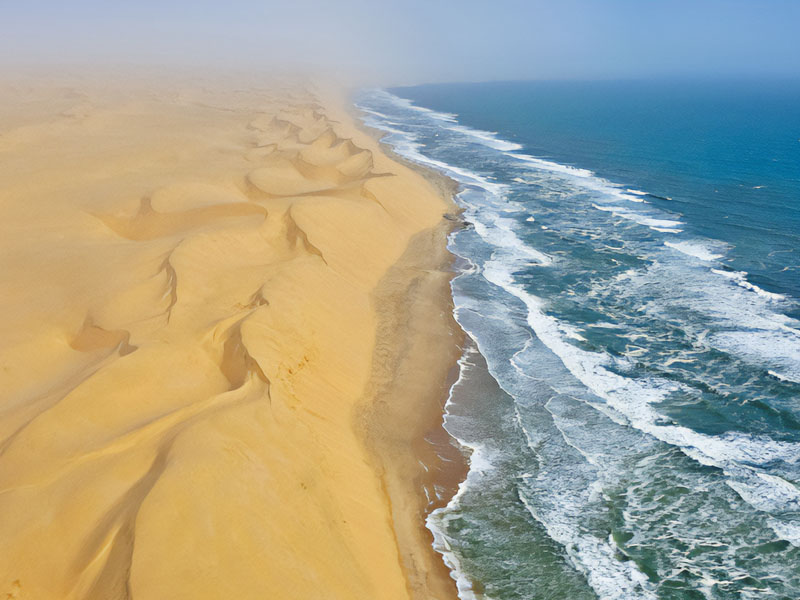Misdar and Mawwal
Issue 29

Poets recite the Misdar as they ride camels through the desert, while the Nahham, (pearl diving singer), and his companions at sea sing the Mawwal. Both are poems in form and composition and, in both cases, the poet expresses the anguish and agony of leaving. The Nahham leaves his home, parents, children and beloved, while the Misdar’s poet leaves his home in search of another kind of pearl - his beloved. Both poets speak of leaving the familiar and of their desire to reach their goals.

This paper compares the Misdar, which is performed in the desert of Sudan, (especially in Al Batana), to the song performed by pearl divers in the Gulf region.
It is clear that sea songs belong to the performing arts, while the Misdar is a type of folk poetry. The Misdar poet on camelback describes his yearning and longing for the home of his beloved. The Mawwal describes the poet leaving his homeland for the sea. In fact, most sea songs are sung by sailors at sea, but they may also be performed on land.
“Gulf sailors referred to all types of sea songs as Nahma. Nahma is a kind of supplication that sailors used to express their feelings and to mitigate their suffering...”
“Nahma is mainly related to work at sea, so it has fixed rules and is performed during specific tasks…”
“These songs have several functions; they provide entertainment and help to keep fatigue at bay.”
Singers of both the Mawwal and the Misdar need talent to win the approval of the community. For example, Misdar poets must be able to compose poetry with metaphors and similes. “Misdar poets excel at creating poetic images that rely on motion, and they convey the precise details of the experience to both the reader and the listener.
Mohammed Mahdi Bushra
Sudan


































































